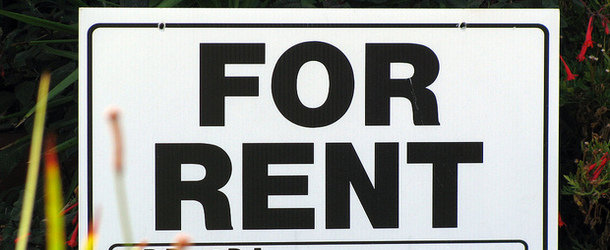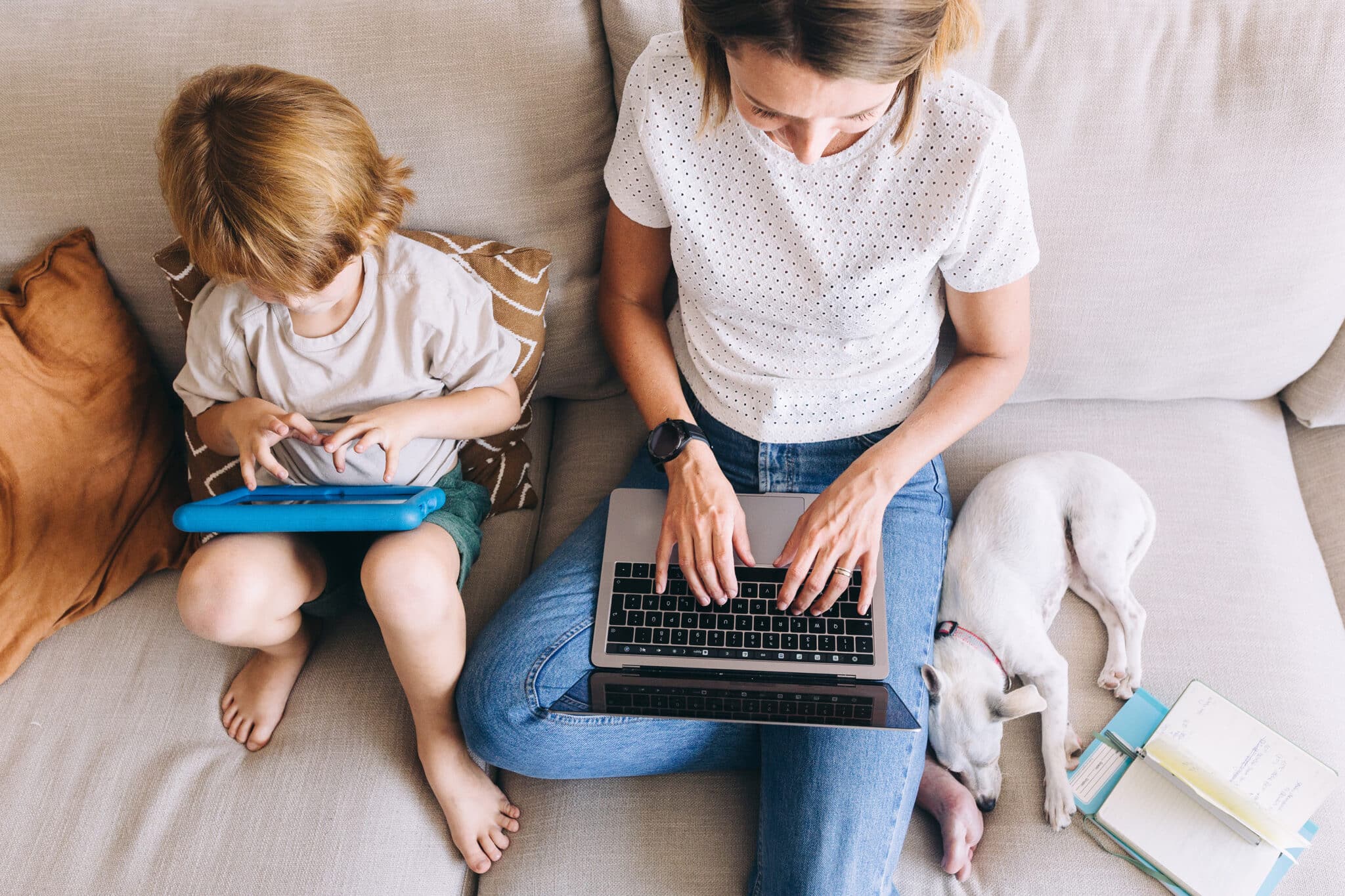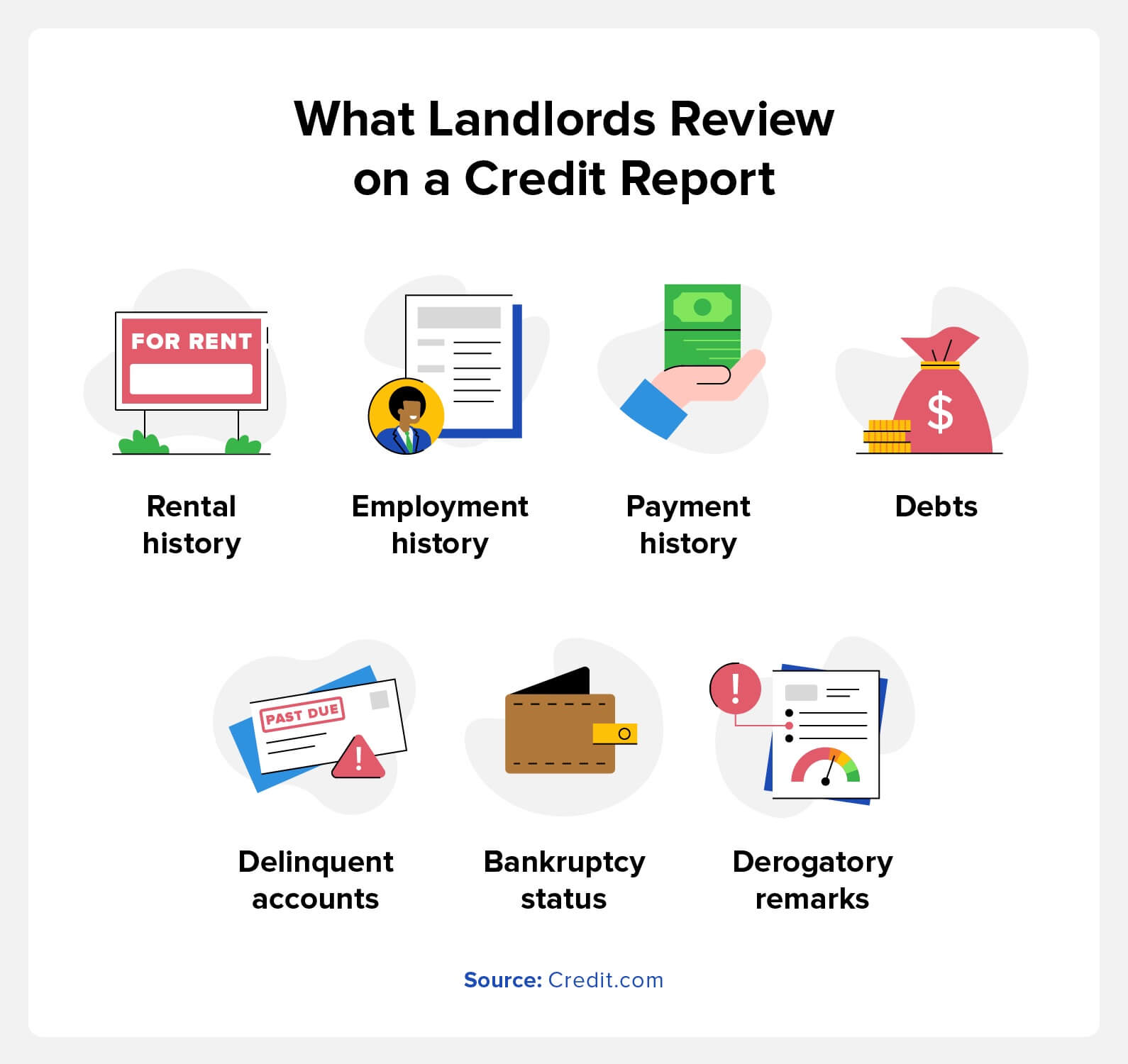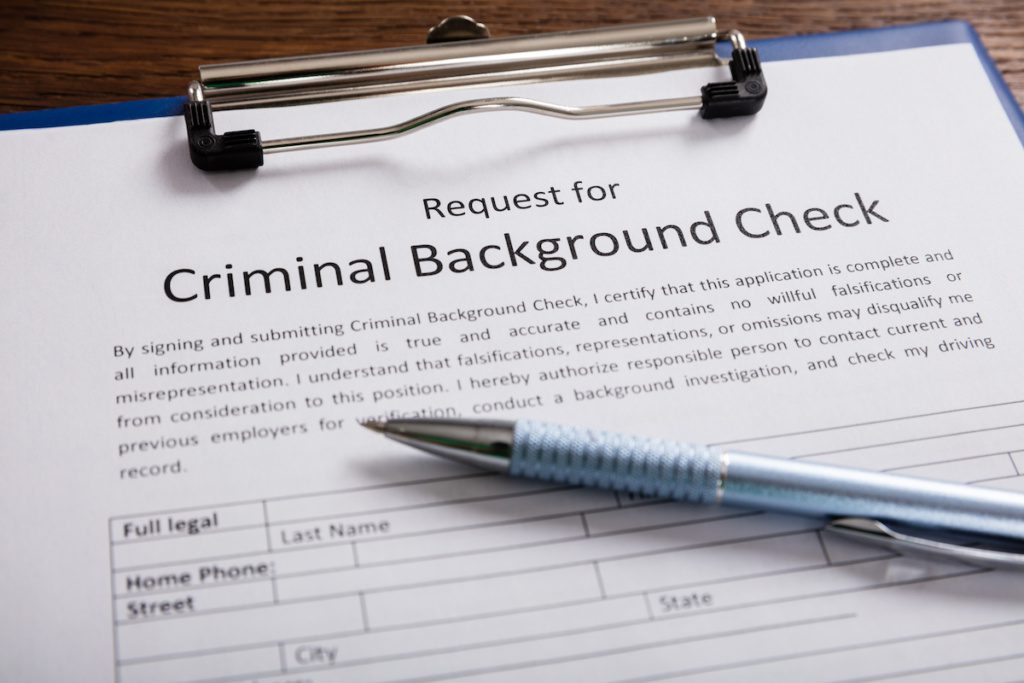Apache is functioning normally
Knowing the right questions to ask when touring an apartment puts you in that get-to-know-you space with each prospective home. It ensures the time you spent touring a potential rental isn’t a waste of energy and gives you a chance to see if the space, and the management company, are the right fit.
The first time you see a place is the best time to get all your questions answered. Not sure what to say? Here are the 21 best questions to ask when touring an apartment.
1. What are the lease terms?
Ideally, you should already know when the lease begins and ends before you even start asking questions while on an apartment tour. If for some reason you aren’t, make sure you get clarification on when move-in is and how many months the lease is for.
Inquire if there are any other common lease terms you should know like quiet hours or restrictions on painting or putting holes in the walls.
2. How much is the rent?
It is also essential to know if the apartment you’re looking at really fits into your budget. Ask how much the unit will cost per month and what the manager’s late rent policy is. Be sure to find out if there’s a grace period if you get delayed making a payment.
Also, ask about fees and how much money you’re expected to bring with you when you sign the lease. This should include a security deposit and possibly first and last month’s rent, but other costs could factor in.
If upfront fees are too costly, ask if there are any you can roll into your monthly rent and pay over time.
3. What’s required to move in?
Each property handles moves differently, so make sure to ask what moving in will look like for you financially while visiting apartments.
For instance, are there any moving or elevator fees? Do you have to get a special permit to have a moving van parked on the street? What area of the parking lot can you take over on the move-in day and does the management company block it off?
If you’re moving in on a popular day you may have to compete for space and wait to use the elevator. If that’s the case, see if you can delay your move by a day or come a day early to have an advantage.
4. Are utilities included in the cost?
Utilities aren’t always automatically included in the cost of the rent. Water is commonly factored in, but heating, gas and electricity are often paid for by the tenant. If you’re concerned about utilities, contact your local provider for an estimate.
5. How much do utilities cost, on average, if they’re not included?
Your property manager will most likely only be able to guess, but based on the size of the apartment, they should have some idea what you’ll end up paying, out-of-pocket if items aren’t included with rent.
To cover your bases, the average for basic utilities is around $172 per month. However, climate and energy costs vary between states — so always budget for a little more.
Do I need to get my own internet? Apartments rarely come with Wi-Fi waiting for you. Instead, you’ll have to find your own internet service provider to hook you up. Look for deals and make sure to price compare. Also, take into account the bandwidth you’ll need to ensure the right connection.
6. What’s your pet policy?
Whether you own a pet or think you might want to adopt one, you should absolutely ask about a building’s pet policy while touring an apartment. Make sure pets are even allowed before getting into the nitty-gritty details like pet fees, extra cleaning charges, etc. Pet policies vary widely, but most properties charge a non-refundable pet deposit or monthly pet rent.
Never try to hide a pet in an apartment where you know it’s not allowed. Getting caught can get costly, and lead to you having to get rid of your animal. Check to see if there are restrictions on breeds or types of pets allowed as well.
7. How about your guest policy?
When touring an apartment you might not think to ask questions about guests, but it’s an important thing to know. Most leases mention a guest policy but some are stricter than others. For instance, in some places, having a visitor for longer than two weeks isn’t technically allowed (which means your friend’s plan to spend the summer on your couch won’t work).
It can also impact your ability to have overnight guests for even a short time. So, make sure you know what’s allowed before you make any plans.
8. How do you handle subletting?
Say you were between jobs and wanted to go home for a month to see family. You don’t want to lose your apartment, so the best thing to do is sublet. But, is it allowed? Your lease should specify, but don’t hesitate to ask an apartment manager or landlord to clarify the situation.
Subletting without permission can lead to eviction. There’s also the fact that you’re still responsible for any damages to your apartment — even if they’re not made by you.
If you do end up subletting, make sure the person is reliable and will treat your space right.
9. Am I allowed to add a roommate?
While you may start your apartment hunt a little earlier than a close friend, you could already know that you’ll want to pull him or her into your place to live as roommates. This may mean you’d sign the initial lease on your own, so find out if it’s OK to make changes later.
Your property manager may require you and your roommate to come in and sign an updated lease together so both your names are on the document. It may also change how you pay rent.
Don’t forget to talk about expense sharing, in general, with your roommate before they move in and make sure they understand the apartment rules. You may even want to establish some of your own for when you’re living together.
10. Do you require renters insurance?
Renters insurance is another thing to think about while apartment hunting. Renters insurance provides coverage for your property in the event of things like a fire, flood or theft.
It may also cover injuries that happen within your apartment. This type of coverage tends to cost very little per month, so it’s a good idea to add it anyway.
While renters insurance is always a good idea, some apartments require it — so it’s important to ask while making visits. You don’t want to scramble to get insurance the day before you move in, otherwise, you might not get the keys.
11. How do I pay rent?
Saving up for rent each month isn’t the only thing you need to consider. At some point, you’ve got to get that money into the right hands.
Most management companies will offer you a few options when it comes to paying rent. These can include online payments or going through a service. This is the easiest way to make payments since you can often set up an auto-draft, but if you’re dealing with an individual property owner, ask about limitations. Even if you’re delivering or sending in a check each month, make sure you have clear information on where it goes, who it’s addressed to and by what day it should arrive.
12. Is there a penalty for breaking my lease?
It’s a good idea to become familiar with the process should have to break your lease. While that’s never the plan, knowing ahead of time what you’d have to do helps you prepare for anything.
Especially if you move around a lot for work or anticipate upcoming life changes, signing a year-long lease might be the wrong choice. Make sure you understand the penalties for early termination and ask if it’s possible to sign a month-to-month lease instead (just make sure you know how early you have to give notice when it’s time to go.)
13. How are repairs handled, especially in an emergency?
Even if everything appears in good working order when you’re looking around, questions to ask when touring an apartment should always cover maintenance.
Ask how emergency repairs get handled. Clarify if there’s maintenance available 24/7 or just within specific hours, and find out what the average response time is.
Now is even a good time to figure out what types of repairs your property manager would rather you handle (if any). Whatever the process, you want to know ahead of time to ensure a speedy conclusion to any emergency (or everyday) needs.
14. How do I file a complaint?
Again, even if you casually meet the people living near the vacant apartment you’re considering and they seem nice — it’s hard to tell what living with them will be like. Your lease should break down the process for filing a complaint, but you may want to go over it with your property manager just in case. Often, they’ll prefer something submitted in writing.
It’s also worthwhile to note that complaints aren’t always about noise. While that’s a big one, common complaints are also about pets, trash in the hallways and even strange smells coming from another unit.
15. How secure is the property?
As you’re walking around, ask the property manager to cover the building’s security features. You will want to know about both inside and external security measures (like a buzzer system or doorman). If there’s a parking structure, go over how you enter from there to make sure you feel safe.
It also doesn’t hurt to ask about the neighborhood and how safe the area is as a whole. Go online to check crime statistics if you’re concerned, but often just walking around the area yourself will give you a feel for its safety.
You don’t want to move somewhere that doesn’t feel comfortable to you whether you’re inside your apartment or not.
16. What’s your pest control policy?
A perk of living in an apartment building is that you don’t have to handle pest control. Since a pest invasion affects the entire property, it’s up to your property manager to keep pests away. This includes everything from ants to roaches, bedbugs to rodents. Ask if they have a regular pest control company come and spray, whether they’ll set traps if necessary and how to report a pest infestation within an actual apartment.
You don’t want to live somewhere that doesn’t take pest control seriously, however you can definitely get proactive and set some bait traps yourself if you notice a few ants here and there. Anything larger — call in the big guns.
17. How often does rent go up, and by how much?
Many apartments increase the rent upon renewal of the lease. These types of charges aren’t always spelled out in the rental agreement, so make sure you know going in how much you can expect to pay if you decide you want to live in the same apartment after your lease term is over.
If you’re looking for a long-term apartment, but the rent goes up by quite a bit each year, see if you can sign a long-term lease, say for two years instead of one and lock in a lower price.
18. What is the parking situation?
If you own a car, parking will sit high on your priority list. In many neighborhoods, especially in larger cities, street parking is hard to find and expensive to pay for separately so renting an apartment with a parking garage or lot will be necessary.
However, a personal parking spot or pass is often an added charge, so ask about any costs associated with owning a vehicle. You may not have a choice if you live somewhere that isn’t particularly walkable, but it helps to budget for the cost upfront rather than finding out about it later.
19. What other amenities are on site?
You’ve seen the apartment unit and parking if it’s available, now make sure to ask about the other amenities on site. Is there a pool? On-site laundry? An exercise room? A clubhouse? Ask about the hours of operation and whether any are available to reserve for special events. Find out how to do this and if there is an extra fee.
These extras usually only sweeten the deal once you’ve already found an apartment you love, but it’s nice to know upfront when and how you can use them.
20. Is smoking allowed indoors?
You may be of the mind that ‘to each their own’ when it comes to smoking, but sometimes a smoky apartment affects the neighboring units. Especially if you have an allergy, it might be best to live in a smoke-free building.
If it’s not something you mind, make sure to inquire about how often they check smoke detectors within each unit, and in public areas, and whether there are fire extinguishers on hand on each floor. About five percent of home structure fires start from smoking materials.
21. Are there plans to update the building?
This question covers a lot of things you’ll want to know. Construction or other work on the building is a sign of a lot of things — both positive and negative.
Construction in the building can mean you’ll be dealing with a lot of noise from every direction. However, renovated apartments are likely nicer than the unit you live in already, so you might get the chance to move once they’re completed. Improvements, though, can also be a sign rent is going up to repay the construction costs. Whatever it means, you’ll want to factor it all in before you sign the lease.
Know the best questions to ask when touring an apartment
There is an infinite number of questions to ask when touring an apartment, so make sure you prioritize.
Start with your deal-breakers since a ‘no’ to any of those means you’re moving on to the next apartment. You can even consider making a cheat sheet of questions for each apartment tour to keep track of answers, but also ensure you remember all the vital information once you’re back at home.
Regardless, don’t forget to speak up. This is, after all, your next home.
Source: apartmentguide.com





